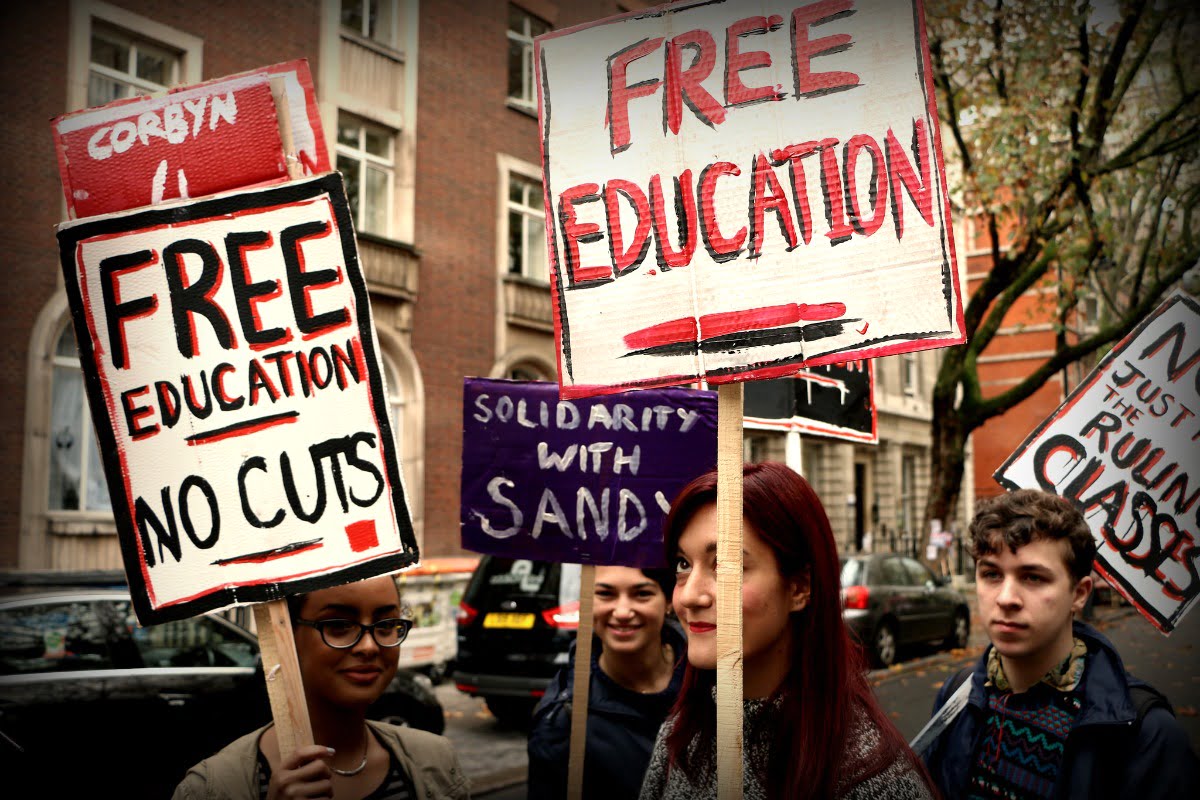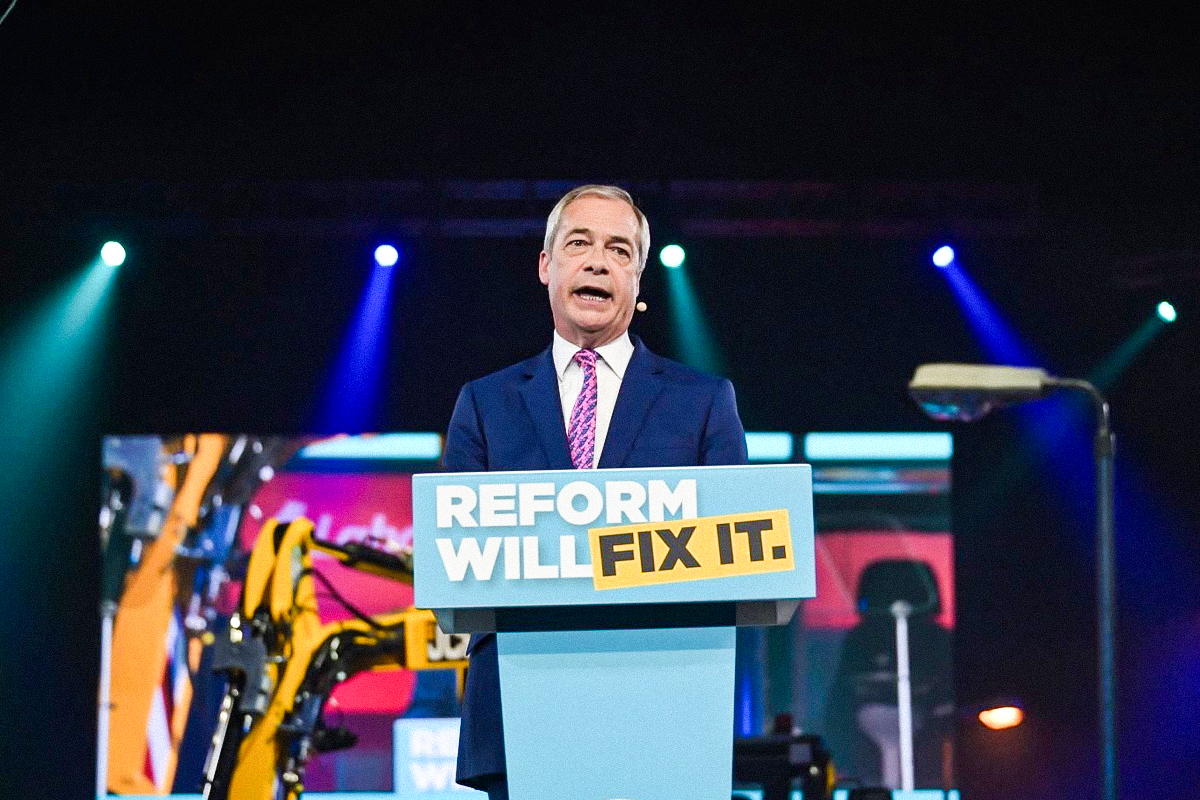As students head to campuses across the country, concerns are growing that universities could become the next hotspot for COVID infections. Staff and students must unite and fight to make universities safe, and for free education.
Capitalism’s decline, coupled with the threat of coronavirus, continues to set a new precedent of crisis. As with any other part of society, universities and the wider education system are entangled in the class divide.
Similar to their 2008 counterparts, students today are preparing to enter the labour market during a recession. There is no certainty for our generation except piling debts at the door. The need for education to be completely free – to anyone, of any age – has never been more clear.
Bleak prospects
 We are told education is a tool for ‘social mobility’. The recent A-level disaster and mishandling of university places, however, has proved that it is anything but. On the contrary, the education system has become a mirror of the growing inequality in society at large – with extortionate fees, a leniency towards private school students, and so on.
We are told education is a tool for ‘social mobility’. The recent A-level disaster and mishandling of university places, however, has proved that it is anything but. On the contrary, the education system has become a mirror of the growing inequality in society at large – with extortionate fees, a leniency towards private school students, and so on.
Disadvantaged students, according to the Institute of Fiscal Studies, can expect to leave university with over £50,000 in debt on average.
Unsurprisingly, considering other factors like rent, more students have turned to part-time work during their studies to finance themselves. Yet as the end of the furlough scheme looms over us, this type of part-time work will become harder to find. Even for graduates, employment prospects are bleak.
Nonetheless, entering a hostile labour market without a degree is, for most, simply not an option. In fact, it seems students are left with few options at all.
Anger and disappointment
With a second wave looming, universities have done little to alleviate the worries of the virus and even less to address the additional financial strain this will put on students.
The government continues to promise a ‘return to normality’ for students and workers alike. But as the virus spreads, this is clearly impossible. Nevertheless, students are being forced to work within the imprecise and unclear guidelines to plan ahead.
Adding to the stress in this period of receiving results, applying to universities and so on, the government has refused to take accountability. In fact, they have gone even further, hypocritically blaming young people for the rise in COVID cases, as they push students into crammed university halls.
Furthermore, students have enrolled on courses – most of which cost a staggering £9,250 – and sorted out expensive accommodation, only to find out that the delivery of their courses is now online.
It is no wonder that students are left feeling angry and disappointed, especially since no reduction in price has yet been offered. Vague promises of in-person seminars and lectures where possible offer little comfort.
Profits vs safety
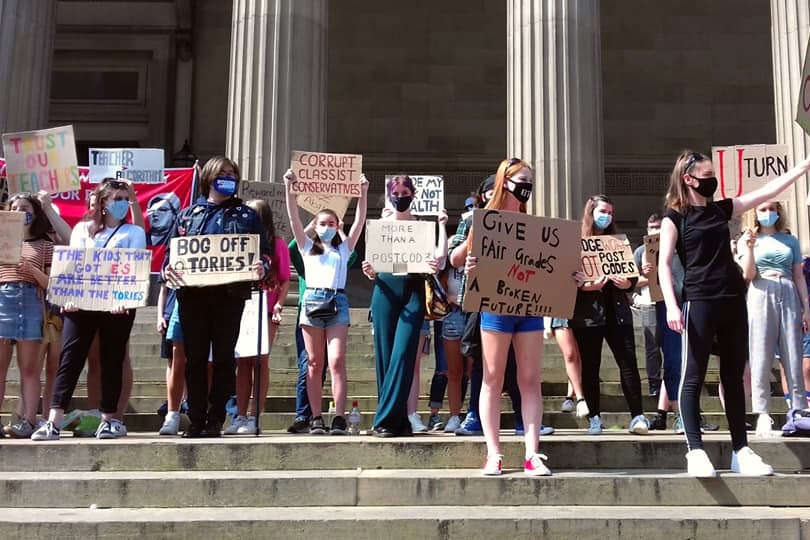 The main priority should be the safety of staff and students. But this too has been forgotten at the expense of both.
The main priority should be the safety of staff and students. But this too has been forgotten at the expense of both.
Due to the government’s catastrophic handling of A-levels this year, universities will have to implement measures to prevent the spread of the virus, while having a higher intake of students. Not only are students speculating on the way their courses will be delivered, but many are also left asking how they will be kept safe.
Universities persist in prioritising profit over their students, too. University officials encouraged their students to find accommodation, bolstering this myth of ‘returning to normality’. But they knew that a second wave was imminent, and did little to protect their students, especially from predatory landlords pushing rip-off contracts.
All of this points to a clear conclusion: our education and future is being placed under threat so that university bosses and parasitic landlords and property developers can continue to see the money roll in from students.
Education for all
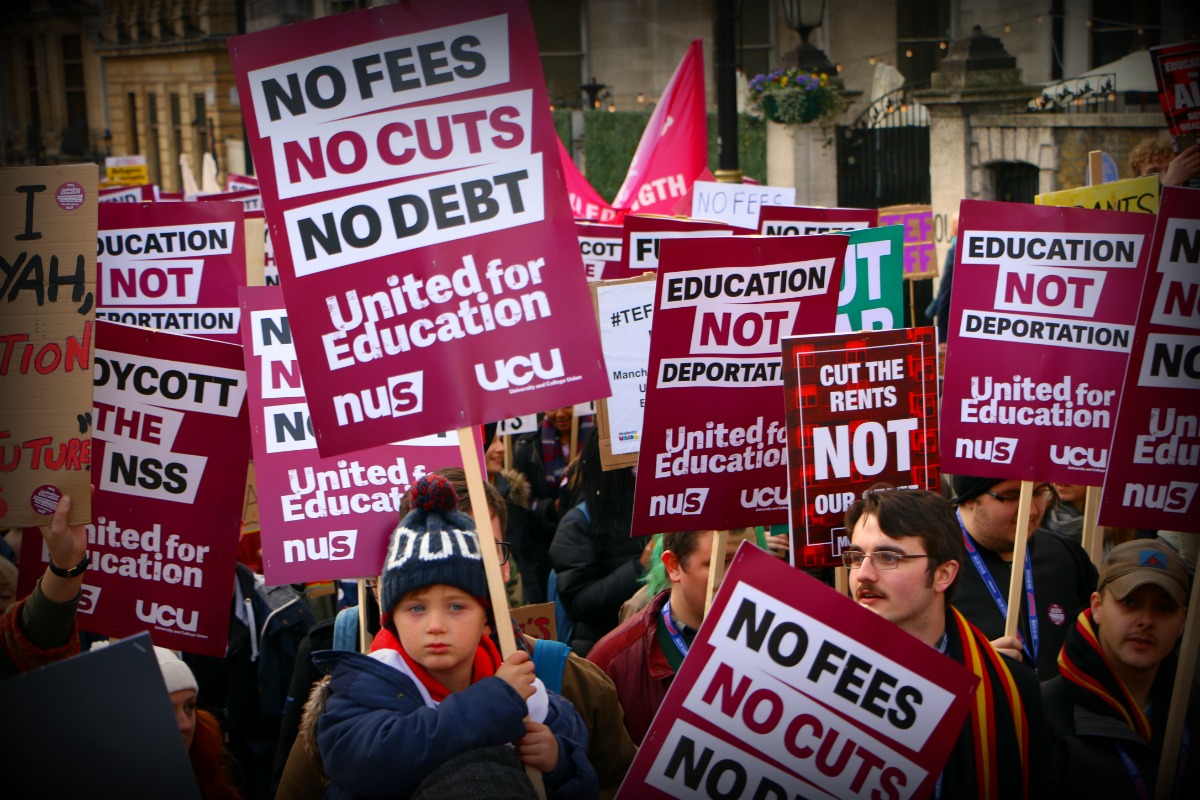 Young people have repeatedly taken to the streets in recent years, showing their hunger for change. No longer should we accept this unfair system – one where we must saddle ourselves with debt, only to be thrown into the world of precarious work or onto the scrapheap of unemployment at the end of it all.
Young people have repeatedly taken to the streets in recent years, showing their hunger for change. No longer should we accept this unfair system – one where we must saddle ourselves with debt, only to be thrown into the world of precarious work or onto the scrapheap of unemployment at the end of it all.
Education should not be a luxury. Instead it should be free for everyone. This means fighting to abolish tuition fees; for publicly-owned student accommodation; and for maintenance grants that cover the full cost of living for students.
None of this is possible under the anarchy of capitalism. Students and workers must unite and fight for a clear socialist alternative.
Universities are “sleepwalking into disaster”
By Emma Stanhope, UEA Marxists
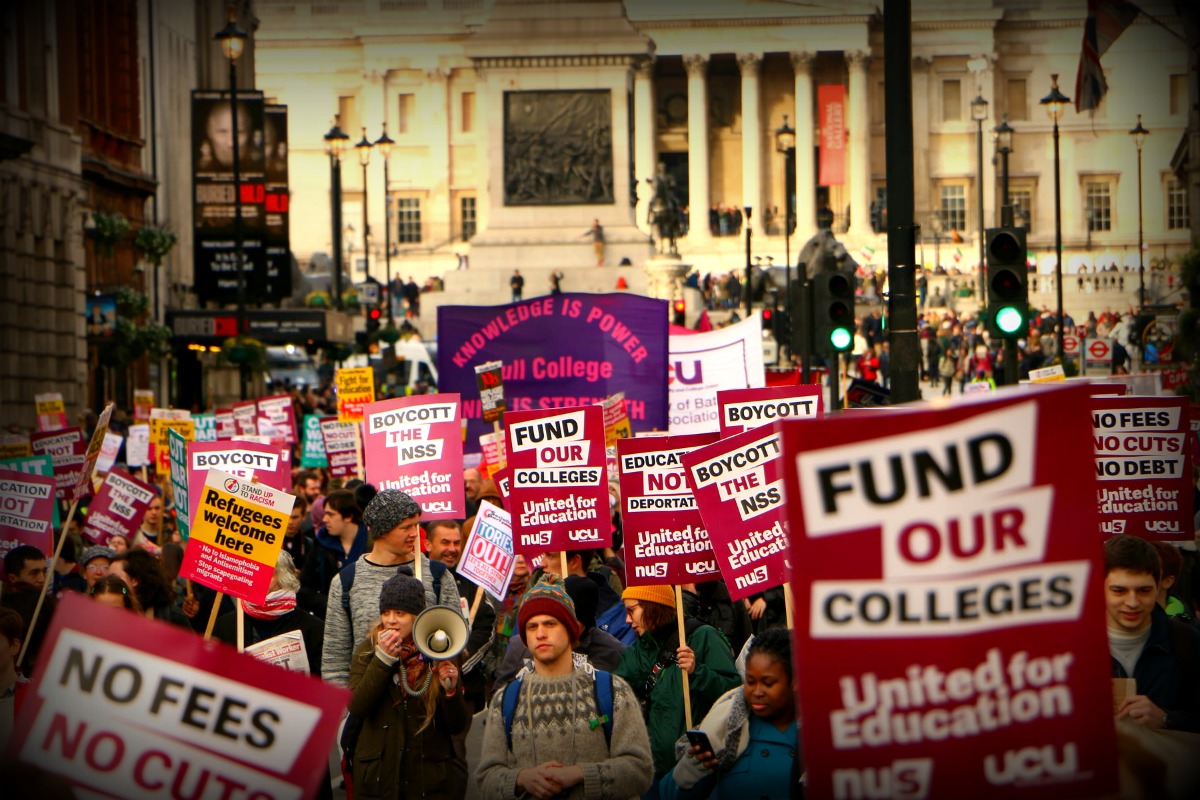 Hundreds of thousands of students are currently heading to universities across the UK. However, the Universities and Colleges Union (UCU) recently warned that this could cause a “public health crisis”, adding that we are “sleepwalking into disaster”.
Hundreds of thousands of students are currently heading to universities across the UK. However, the Universities and Colleges Union (UCU) recently warned that this could cause a “public health crisis”, adding that we are “sleepwalking into disaster”.
Under the current plans – which vary between institutions – universities will be combining face-to-face and online teaching. Whilst some institutions have announced that all teaching for the academic year will be delivered online, most will be providing some form of face-to-face interaction.
In a recent interview with the Observer, UCU general secretary Jo Grady stated that – with close to a million students moving from all corners of the country into halls of residence and “congregat[ing] in large numbers” – universities could easily become the “care homes of any second wave of COVID”.
Cause for concern
It’s not just academic staff who are concerned about the prospect of universities reopening: students and their parents are anxious too. Universities are already known as being a breeding ground for diseases, with ‘freshers’ flu’ often joked as being a first-semester rite of passage.
Labour shadow minister for universities, Emma Hardy, meanwhile, has accused the government of neglecting universities and leaving them to deal with the problem themselves.
The Tories’ shambolic handling of the coronavirus crisis is ample cause for concern. And the recent reopening of schools which the government has bulldozed through has only added fuel to the fire.
In the United States – where many students have already returned to their universities – thousands of coronavirus cases have been linked back to campuses. There is also the danger that many students attending universities will have come from ‘COVID hotspots‘, including Birmingham and Leeds.
Tory hypocrisy
 The UCU does not want students to return to campuses until Christmas, unless universities implement stringent testing programmes. But according to Grady: “There are no plans for universal testing on campus, or even for everybody who moves out of a lockdown zone to be tested before they’re allowed to go to university.”
The UCU does not want students to return to campuses until Christmas, unless universities implement stringent testing programmes. But according to Grady: “There are no plans for universal testing on campus, or even for everybody who moves out of a lockdown zone to be tested before they’re allowed to go to university.”
It is not just students and staff who would be put at risk by this reckless rush back to campus – wider communities would also be put in danger by increased infection rates. Students flock to pubs and shopping centres during freshers’ week. Understandably, they don’t want to spend their whole term cooped up in their rooms.
No doubt the Tories will use this as an opportunity to scapegoat students and deflect the blame if there are flare-ups in university cities. But people can see through this transparent hypocrisy, given the government’s concerted efforts to get people back into pubs and restaurants with the ‘Eat Out To Help Out’ scheme.
It’s no surprise that universities are keen to get students back to campus, given that many institutions are struggling financially. With an inevitable drop in overseas students – who often pay up to three times as much as British students – universities are set to face serious financial problems.
Strikes and struggle
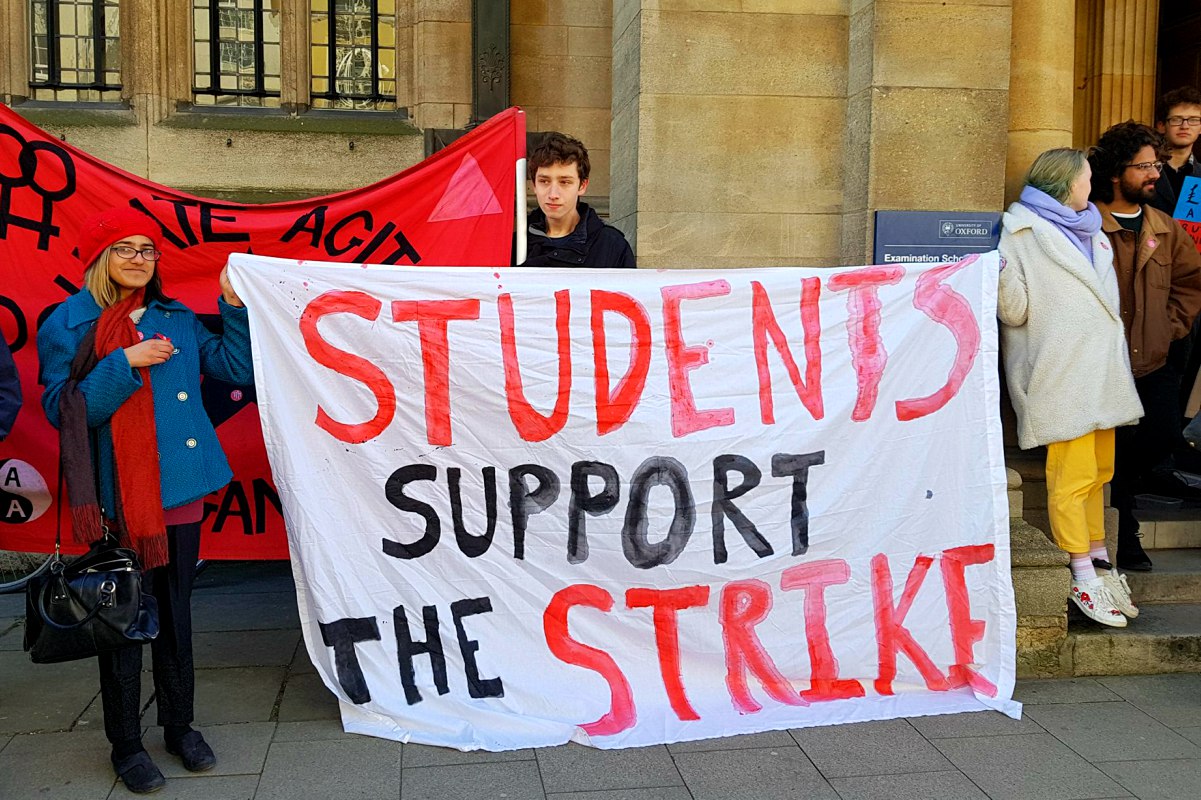 University workers have already seen their working conditions worsen considerably over the past few years. Recent strike action by higher education staff drew attention to inequality in the workplace, and to increasingly casualisation that is forcing staff into precarious situations. A return to work in unsafe conditions represents a continuation of this decline in standards.
University workers have already seen their working conditions worsen considerably over the past few years. Recent strike action by higher education staff drew attention to inequality in the workplace, and to increasingly casualisation that is forcing staff into precarious situations. A return to work in unsafe conditions represents a continuation of this decline in standards.
As such, it’s important that the UCU links this current debacle with its previous struggles. The coronavirus crisis may be an unforeseen, accidental factor, but the way that university managers are dealing with it is far from surprising. After all, they won’t be the ones delivering face-to-face teaching.
The UCU should look to the recent A-Level protests as an example of what can be achieved with bold, militant action. Students took to the streets in protest against the discriminatory grading system, forcing the government into a U-turn in less than a week.
Imagine, then, what could be achieved if the UCU threw their weight behind a coordinated, national campaign, reaching out to the wider labour movement.
Students and workers: unite and fight!
 Student groups and societies should offer support to their local UCU branches, and coordinate joint actions to pressure both the government and university management into ensuring that campuses are safe.
Student groups and societies should offer support to their local UCU branches, and coordinate joint actions to pressure both the government and university management into ensuring that campuses are safe.
If demands for stringent safety measures and improved working conditions aren’t met, UCU branches should take matters into their own hands by organising health and safety committees to carry out such measures themselves. After all, who knows how to run workplaces better than the workers themselves?
Moreover, we must demand that the government makes up for the loss of funding that universities face, so that universities have the funds to implement safety measures without cutting corners.
Students and staff must not be made to suffer if the coronavirus crisis causes universities to go bankrupt. We must demand free education and fully-funded universities. We say: make the bosses pay for this crisis!
The Marxist Student Federation is organising alongside workers on campuses across the country, fighting to ensure the safety of staff and students. Join us in the fight for a free and fair education system!

